A Hindu marriage does not relate to Hinduism as a religion. It takes a broader perspective and spans laws governing all Hindu persons with a wider connotation.
Section 5 of the Hindu Marriage Act 1955 states the conditions to fulfill a legal Hindu Marriage but it does not prescribe the ceremonies that constitute a valid Hindu marriage.
Section 7 of the Act does so and reads as follows: 7. Ceremonies for a Hindu marriage.- (1) A Hindu marriage may be solemnized in accordance with the customary rites and ceremonies of either party thereto. (2) Where such rites and ceremonies include the Saptapadi (that is, the taking of seven steps by the bridegroom and the bride jointly before the sacred fire), the marriage becomes complete and binding when the seventh step is taken.
The word ‘solemnize’ means to celebrate a marriage or perform it based on the customary rites of one or both the parties to the marriage. It is clear that a typical Hindu marriage must be solemnized in accordance with certain customary rites. It is also important that the customs must be valid.
What are the essential ceremonies for Hindu Marriages?
From Section 7 of the Act, it is clear that some essential ceremonies of a Hindu marriage include:
- Invocation before the sacred fire
- Saptapadi – taking seven steps around the fire.
Note that the Hindu Marriage (Removal of Disabilities Act) 1946 validates inter-sub caste marriages among Hindus.
Example: If you are a Hindu, there is no legal hurdle to prevent you from marrying someone who is of a different caste. In fact, you can marry any person who professes the Hindu religion such as a Buddhist, a Sikh or a Jain. However, you cannot marry a Christian, Muslim or a Parsee under this Act.
What if I want to marry a Non-Hindu?
If you are a Hindu and you want to marry someone who belongs to another religion, you can do so under the Special Marriage Act. Remember, Hindu marriage registration and legal validity can be done only for those who are governed by the Hindu Marriage Act, 1955.
